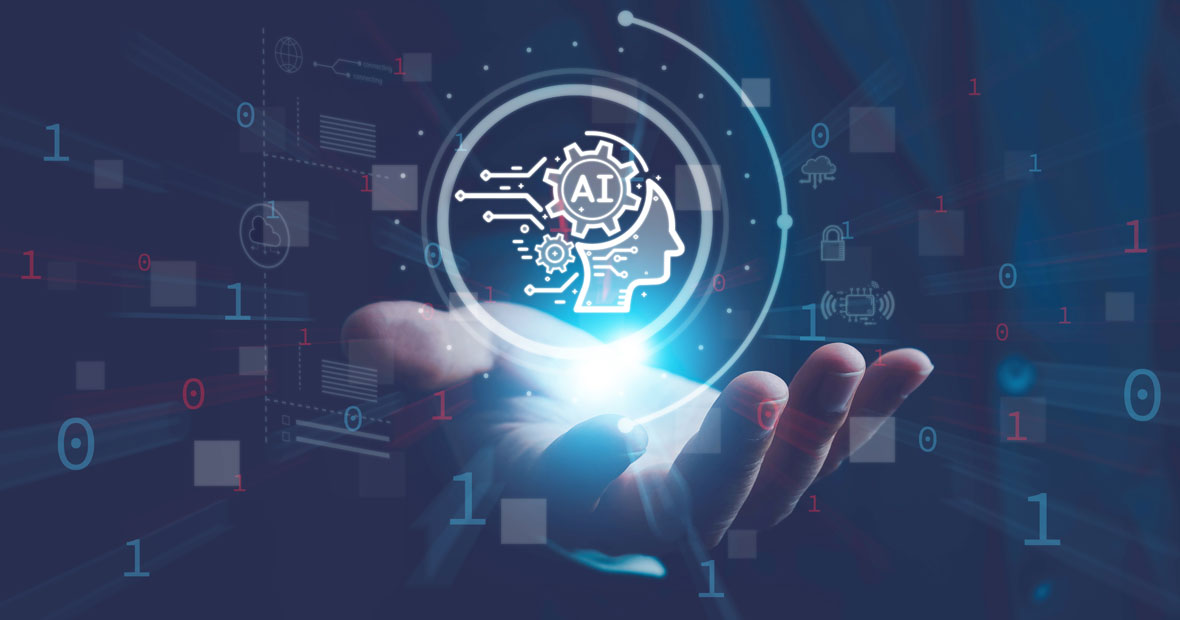
Delving into the fascinating world of adaptive intelligence, this piece illuminates the transformative power of fine-tuning models with dynamic experiment tracking. The revolutionary shift in machine learning, ignited by adaptive intelligence, pivots on the axis of ML experiment tracking. This intricate process drives performance by meticulously calibrating adaptive models using dataset parameters. As the narrative unfolds, the spotlight shines on the unprecedented role of tracking in model training, positioning it as an essential ingredient in the quest for real-time adaptive intelligence. Additionally, the article examines the promising future of machine learning while charting the rapid evolution and the new norms in model training. Brace yourself for an exciting journey through the frontiers of adaptive models, poised to redefine the future of machine learning.
Driving Performance with Dynamic Experiment Tracking in Model Tuning
Dynamic experiment tracking in model tuning, a task that requires precision, holds immense potential for driving performance. By adopting a dynamic approach to experiment tracking, professionals can streamline their process and bolster the control they have over their tasks. This method has been shown to enhance the accuracy of models, thereby contributing to improved system performance and efficiency.
Several case studies have shown the effectiveness of dynamic experiment tracking in model tuning. For instance, a recent study demonstrated how this method increased the efficiency of model tuning tasks by 20% compared to traditional techniques. Moreover, studies indicate a growing trend of incorporating dynamic experiment tracking in model tuning, pointing towards its rising prominence in the field.
Despite the potential advantages, there are challenges that need to be addressed while using dynamic experiment tracking. These include the need for technical expertise and the requirement of specific tools for effective implementation. However, overcoming these hurdles is feasible, with several resources available for training and practical demonstrations.
Propelled by Data: Fine-Tuning Adaptive Models using Dataset Parameters
Fine-tuning of adaptive models with dataset parameters holds the potential to deliver enhanced predictive accuracy. Involving the optimization of models on the strength of an input data set, this approach is gaining traction in the sphere of machine learning and beyond. Here, the concept of ‘adaptive models’ refers to systems that adjust their behavior and structure based on input data. Dataset parameters, on the other hand, are specific attributes or aspects of the data that can be manipulated to impact the model’s output.
Examples from the field confirm the efficacy of this strategy. One case study in point is drawn from the sector of predictive maintenance, where a leading company successfully deployed dataset parameters in the fine-tuning of their adaptive models. The result was a significant increase in the accuracy of the model’s predictions, leading to improved maintenance schedules and substantial cost savings.
Yet, leveraging dataset parameters for model tuning does present challenges. The foremost among these is selecting the right parameters to adjust. This necessitates a deep understanding of the model and the data it processes. Overcoming such hurdles, however, can lead to significant benefits, including increased model accuracy and more reliable predictions.
On the technology front, several tools have proven effective for this task. Machine Learning platforms, for instance, facilitate the fine-tuning of models by providing a user-friendly interface for adjusting dataset parameters.
Real-Time Adaptive Intelligence: The Role of Tracking in Model Training
Real-time adaptive intelligence revolutionizes numerous industries, offering unique advantages. Considered a dynamic method, it enhances model training processes, ensuring optimal results. Understanding this concept involves recognizing the significance of adaptive intelligence, playing out in real-time scenarios. Its implementation in model training presents challenges; nevertheless, innovative solutions have been devised to overcome these hurdles.
Several sectors have benefited from the application of real-time adaptive intelligence. Success stories abound, with case studies demonstrating its efficacy in diverse scenarios. Continuous research and development efforts are shaping the future of adaptive intelligence, contributing to its evolution.
Tracking serves a crucial function in model training. As models are trained, the output is continuously analyzed, facilitating real-time adjustments. The future promises exciting possibilities, with an increasing adoption rate of real-time adaptive intelligence in model training. Technological tools are being developed to simplify its use, further driving its integration across industries.
Future of Machine Learning: Adaptive Models and Dynamic Experiment Tracking
The future of machine learning is poised on the brink of significant advancements, propelled by the development of adaptive models and the implementation of dynamic experiment tracking. As technology continues to evolve, there exists a growing impetus to understand the workings of adaptive machine learning models. An in-depth webinar elucidating the operational intricacies of these models offers real-time responses to queries from an expert in the field, thereby fostering a comprehensive understanding of the subject.
Evolution of Machine Learning: Adaptive Intelligence and its Role
Progressing from simplistic linear regression to complex deep learning algorithms, machine learning has undergone a significant transformation. Adaptive intelligence has emerged as a pivotal aspect of this evolution, with its capability to modify algorithms based on new data inputs. A detailed case study illustrating a company’s utilization of dynamic experiment tracking to enhance its machine learning models provides practical insights.
Dynamic Experiment Tracking: A New Normal in Model Training
Dynamic experiment tracking has been proposed as a new norm in model training. This innovative approach allows for the tracking of relevant metrics and parameters during model training, enabling real-time adjustments and improvements. A user-friendly e-book elucidating the novel technologies and frameworks in the machine learning domain offers a simplified understanding.
Adaptive Models: Pioneering the Future of Machine Learning
Adaptive models are paving the way for the future of machine learning. These models, based on a new proposed framework, have the potential to revolutionize machine learning by facilitating more accurate and efficient data analysis. A series of detailed tutorial videos demonstrating the implementation of adaptive machine learning models and dynamic experiment tracking in a real project provides practical guidance. Furthermore, a comprehensive glossary demystifying commonly used technical terms in the machine learning field renders the topic more accessible.